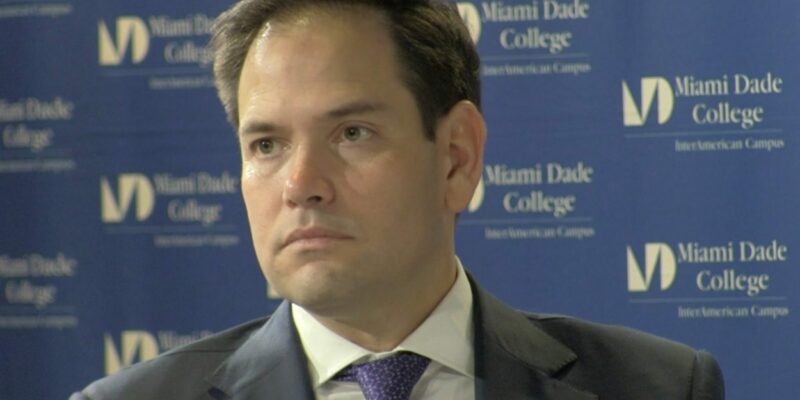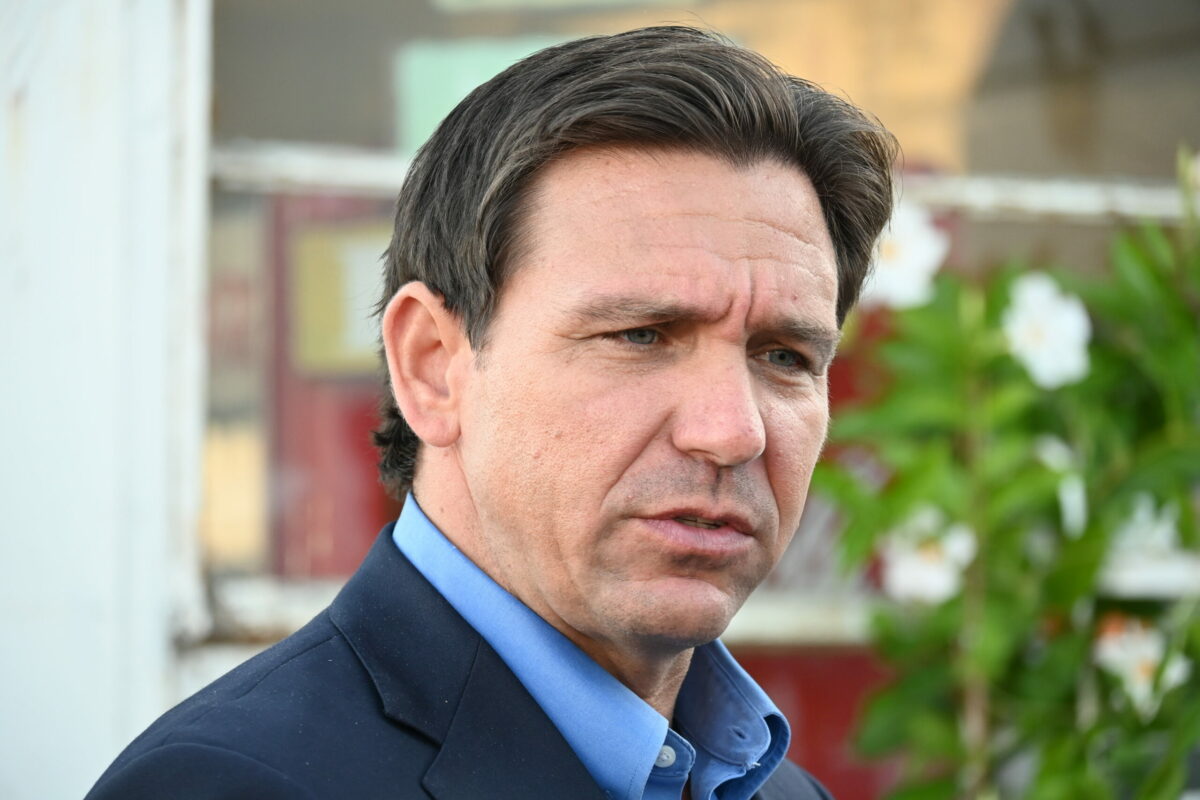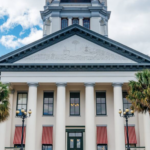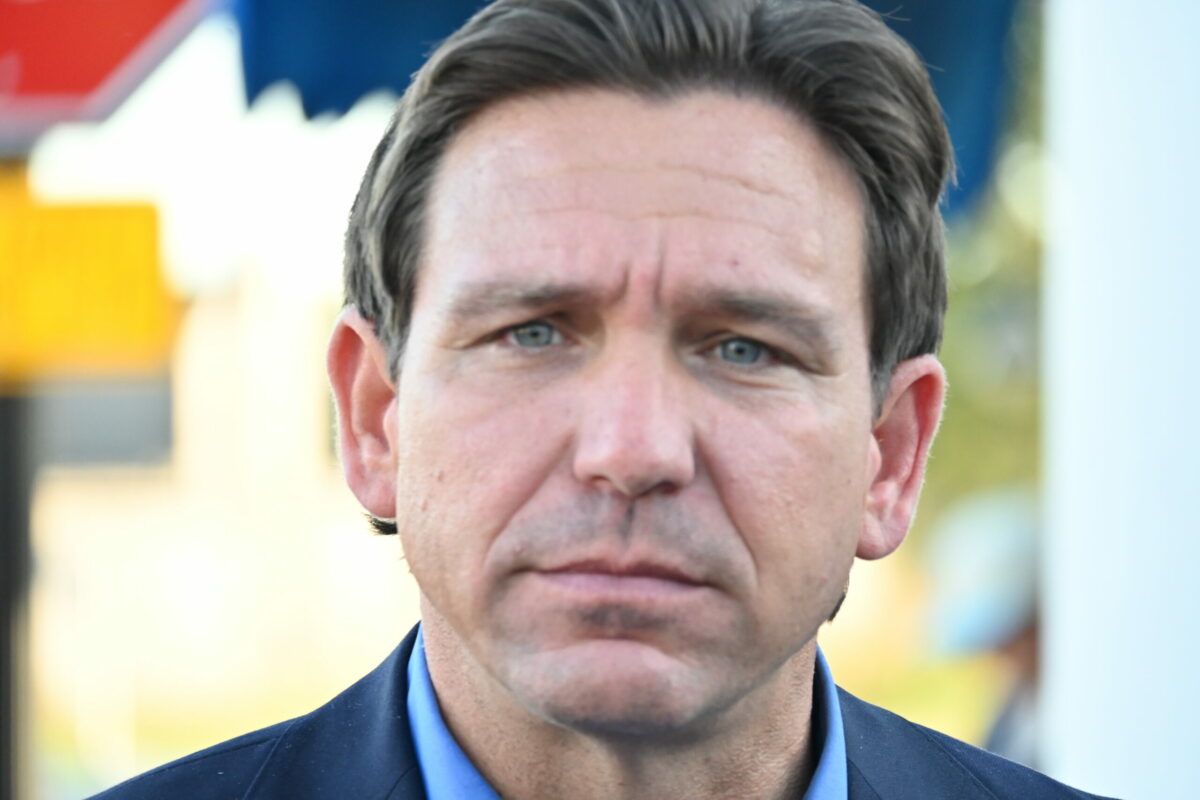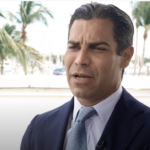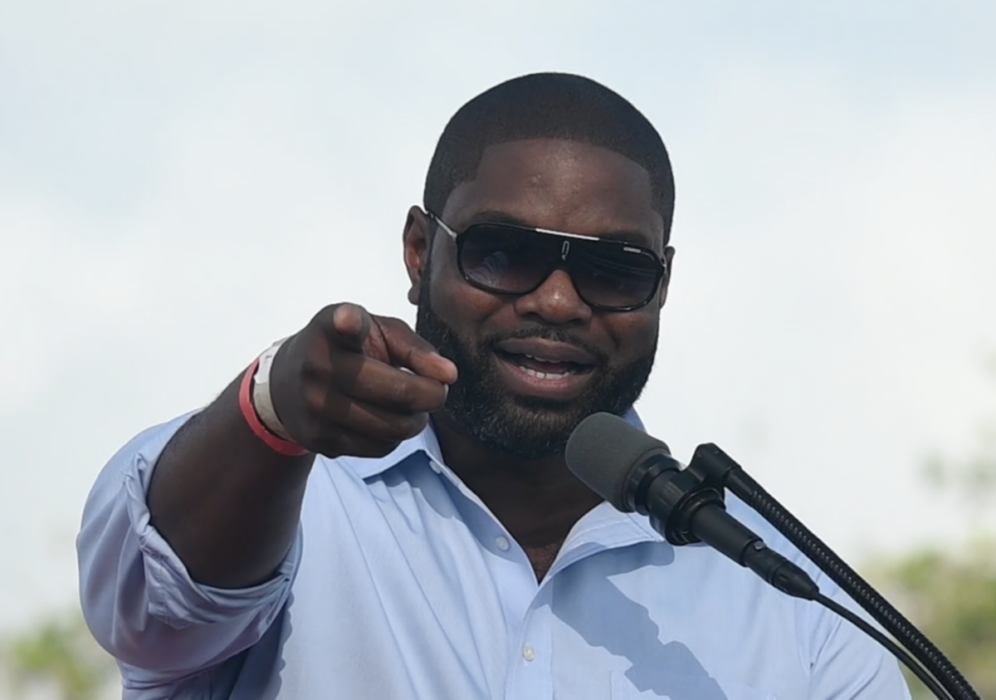President Trump’s National Security Advisor John Bolton announced that the administration had approved sanctions against Venezuela’s state-run oil company, PDVSA.
According to the BBC, the sanctions would block all of PDVSA’s interests “subject to US jurisdiction, and prohibits any US citizen from having any financial dealing with the firm.
Many lawmakers are applauding the administration’s move against Venezuela’s oil lifeline, which is heavily reliant on US consumption.
“All property & interests of PdVSA are now blocked & U.S. persons are generally prohibited from engaging in transactions with them. #Venezuela’s oil belongs to the Venezuelan people & the money for oil will now go to them through the legitimate government of @jguaido,” said U.S. Senator Marco Rubio.
Rubio has been the loudest voice of opposition against Maduro since he took office. Rubio is still under a security detail after it was learned that in 2017, a high-ranking Venezuelan official put out the “order to have Senator Rubio assassinated,” leaving the government no choice but to guard the junior senator with security both in Washington and Miami.
Thus far, some 20 other countries have joined the US in acknowledging opposition leader Juan Guaido as Venezuela’s “legitimate” president.
Meanwhile, the violence and death rate continues to rise as government forces clash with Guaido supporters, leaving the American and International community to speculate that Trump may have to use military force to push out Maduro and his loyalists.
During his press conference announcing the sanctions, Bolton held up a yellow pad with a note that read “5,000 troops to Colombia,” prompting news outlets to suspect and assume that military action was imminent.
Trump is on record of saying that “all options are on the table” in dealing with Maduro.
"As the president has said, all options are on the table," White House spokesman reiterated shortly after the sanctions were announced.

